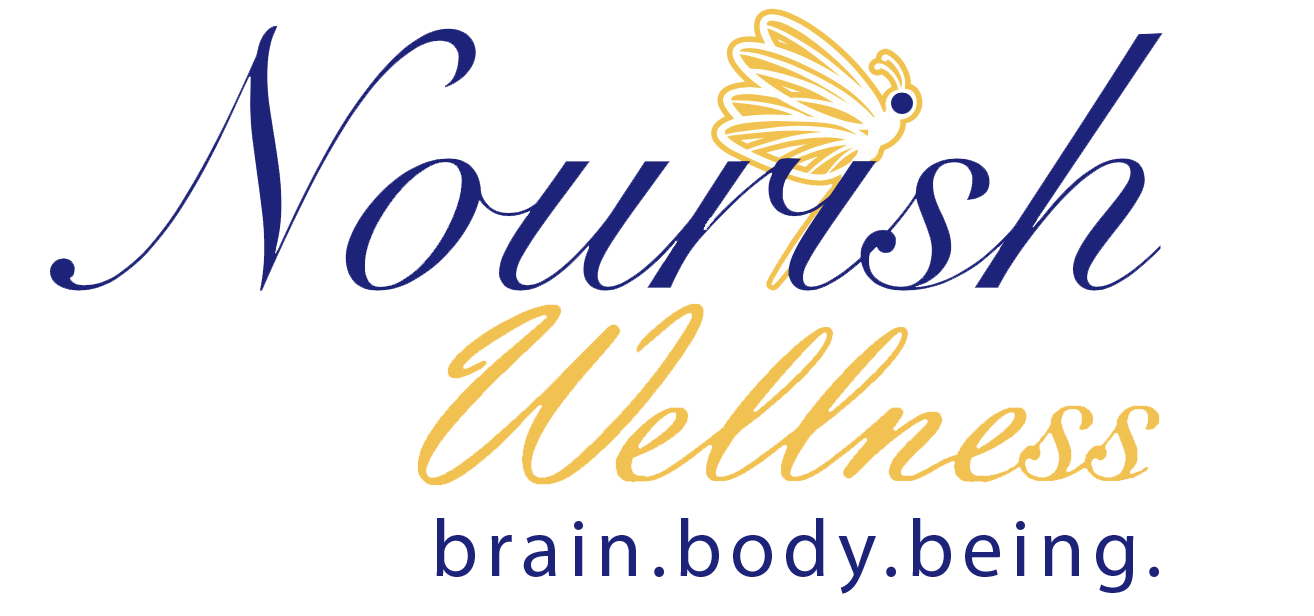In the tapestry of human emotions and experiences, hope is perhaps our most powerful and enduring force. It’s the light that pierces through our darkest moments, the whisper that tells us to take one more step when we feel we can’t go on. But what exactly is hope, and why does it hold such a crucial place in our lives?
Hope isn’t just a fleeting feeling. it’s a neurological process that shapes our reality. Research in positive psychology shows that hope triggers the release of neurochemicals like dopamine and endorphins, creating what scientists call the “hope circuit” in our brains. When we’re hopeful, our bodies literally prepare us for positive outcomes, enhancing our problem-solving abilities and resilience. Studies from the fi eld of psychoneuroimmunology reveal that hopeful individuals tend to have stronger immune systems and recover faster from illnesses. This isn’t just coincidence—hope creates a cascade of beneficial biological responses that promote healing and wellness.
Hope Versus Optimism
While often confused, hope and optimism are distinct psychological states. Optimism is the general expectation that good things will happen, while hope is more complex. Hope combines the belief in possibility with the motivation to act toward desired outcomes. It’s active rather than passive, requiring both the will (agency) and the way (pathways thinking). Every culture throughout history has embraced hope as a central theme in its narratives and beliefs. Hope manifests most powerfully when it drives concrete action. Throughout history, seemingly insurmountable challenges have been overcome by people who dared to hope:
Cultivating Hope in Daily Life
Set achievable short-term goals alongside long-term aspirations. Celebrate small wins to build momentum and confidence. Keep a “wins journal” documenting successes and progress, creating evidence to draw upon during challenging times.
Practice visualization and create vision boards that represent desired outcomes. The act of seeing possibilities helps strengthen hope.
Connect with supportive communities and mentors who have overcome similar challenges. Their stories provide concrete evidence that progress is possible.
Study historical examples of positive change and transformation. Understanding how others maintained hope through difficulties provides perspective.
Implement mindfulness meditation daily. Regular practice can improve sleep quality, reduce anxiety and depression, and regulate emotions.
Practice self-compassion during setbacks. Understanding that challenges are part of growth helps maintain hope through difficulties.
As we navigate complex global challenges, hope remains an indispensable tool. It’s not about ignoring hardships but about envisioning and striving for better possibilities. By understanding and nurturing hope, we empower ourselves to create positive change and build the future we desire.
Seek Support
As always, don’t hesitate to reach out to friends, family, colleagues, and even a professional counselor if needed. Talking about your feelings and concerns can provide emotional support and different perspectives. Taking care of your mental health should always be a priority.
At Nourish Wellness Center, we provide holistic mental, emotional, and spiritual health care to the whole person. We aim to provide the best evidence-based practices with traditional and holistic approaches. We enjoy working with individuals, couples, families, young adults, seniors, and LGBTQ members.
Let me know if this article was beneficial and informative by leaving us a message below.
